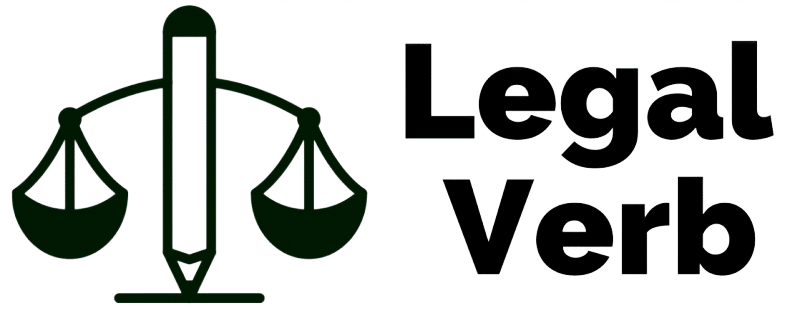Why Meta Descriptions are Important
A lot of people think they can get away with ignoring their pages' meta descriptions these days, but this is a mistake. While they may not be as important as they used to be, meta descriptions can still have a significant impact on the overall success of your website - so don't count them out just yet! In this blog post, we will discuss why meta descriptions are important and how you can optimize them for better results.
What's a Meta Description?
A meta description is a short summary of a page's content that appears in search engine results pages (SERPs). This brief description gives potential visitors an idea of what the page is about and whether it's relevant to their search query.
Why are Meta Descriptions Important?
They may just be a few lines of text, but meta descriptions serve some pretty important purposes. Let's take a closer look at some of the top ones below.
Improves User Experience
First, meta descriptions give searchers an idea of what your page is about before they click through to it. This helps them determine whether your page is relevant to their needs, which can save them time and frustration. No one wants to waste time on an irrelevant link, and it really doesn't help you all that much either!
Boosts SEO and CTR
Second, meta descriptions are also a key factor in your search engine optimization (SEO) efforts. While they don't directly impact your search engine ranking, they are used by Google and other search engines to generate the text that appears under your listing in the SERPs. This means that a well-written, keyword-rich meta description can help improve your click-through rate (CTR), which can in turn improve your ranking over time.
Improves Social Media Sharing
Finally, meta descriptions are also important for social media sharing. When your page is shared on social media, the meta description is often used as the text that appears alongside the link. This means that a well-crafted meta description can help improve the reach and engagement of your social media posts.
How to Optimize Your Meta Descriptions
Now that we've covered some of the top reasons why meta descriptions are important, let's take a look at how you can optimize yours for better results.
Keep it Short and Sweet
When writing your meta descriptions, keep in mind that less is more. Aim for a brief, concise description - try to keep it between 50 and 155 characters. This will ensure that your description is readable and clickable in the SERPs.
Include Targeted Keywords
When crafting your meta descriptions, be sure to include relevant, targeted keywords. This will help improve your click-through rate by making it clear to searchers that your page is relevant to their needs.
Make it Unique
Finally, be sure to make each of your meta descriptions unique. This may seem like a daunting task, but it's important to remember that each of your pages should be targeting different keywords and phrases. As such, each meta description should be unique to the page it's describing.
By following these tips, you can ensure that your meta descriptions are working hard for you and your website. So don't neglect them - give them the attention they deserve!
Looking for some SEO-friendly content for your law firm? Contact Legal Verb today to discuss your needs!

